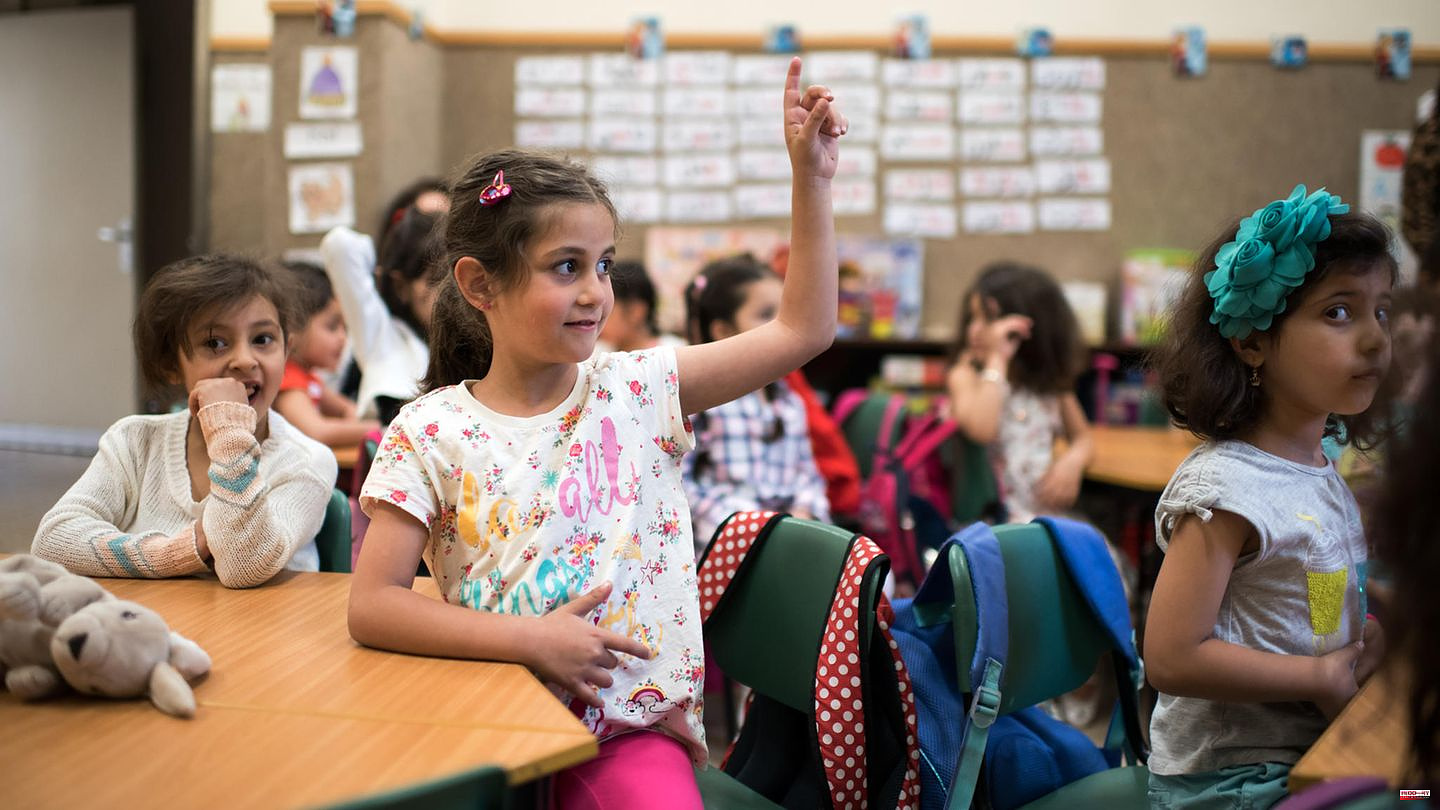It creates familiarity, conveys a feeling of home: the mother tongue. It's the first thing you hear and learn as a child, and it soon rolls effortlessly off the tongue. Mother tongues play a crucial role in the formation of cultural identities, inclusion in communities and the preservation of cultural heritage. But research also shows: more languages, more opportunities.
In German, the first language learned is referred to as the mother tongue. The Viennese linguist Stefan-Michael Newerkla explains that the term "also has strong ideological connotations because it traces language back to descent, so to speak". It not only entails the notion that someone is learning the language of their (biological) mother, but also that it is part of a natural order. Ethnic groups are thus each assigned a specific language. Historically, the term sermo patrius ("father's language") was also understood to mean Latin as the language of education, while lingua materna ("mother's language") stood more for the uncontrolled learning processes in contact with the mother.
A child who grows up speaking two languages is considered bilingual. This affects millions of children, including in Germany. They usually have parents of different origins who address the offspring in their respective languages. The experts from the Bielefeld Institute for Early Childhood Education assure that this is not a disadvantage. Like most children, they speak their first words at around one year old, form two-word sentences at around 18 months and can form longer sentences at three years old. But there are differences: On the one hand, the languages influenced each other's pronunciation - for example, Russian-German-speaking children rolled the R even when they spoke German. In addition, the languages are often mixed. "I'm going to the playground" or "I saw my brother" are examples. The researchers are convinced that such a mixture of languages "is a very creative use of the entire linguistic competence" - and not a deficit.
Studies refute the often-expressed impression that children growing up multilingual are overwhelmed and do not speak any of their languages properly. Scientists at the Mercator Institute for Language Promotion summarize the research results in a fact check if you have grown up speaking two or more languages since early childhood. For example, children who can read well in their first two languages "have a more pronounced metalinguistic awareness that they can use to their advantage for reading in the third language".
For every third child worldwide, school enrollment means entering an environment that is foreign to the language. According to the linguists of the non-governmental organization SIL, around 35 percent of children spend their school days in classrooms where the language of instruction is not the language they speak at home - this significantly limits their chances of success. The poorest and weakest sections of the population, for example in North Africa and the Middle East, are hit the hardest, which further intensifies the "cycle of poverty and social inequality". For Germany, the statisticians of the SIL portal "Ethnologue" state that every fifth child is not taught in the language of origin.
According to UNESCO, languages are the basis of social life. From the point of view of the UN educational organization, the preservation of cultural and linguistic diversity is an important building block for sustainably organized societies. "We cannot deliver on the promises of the 2030 Agenda to promote quality education and make it an engine for sustainable development without supporting the use of local languages," said Santiago Irazabal Mourão, President of the Unesco General Conference a decade of indigenous languages. On Mother Language Day (February 21) this year, the focus should be on the educational aspect. Multilingualism based on the mother tongue makes it easier for members of smaller language groups to access education, the current appeal says.












